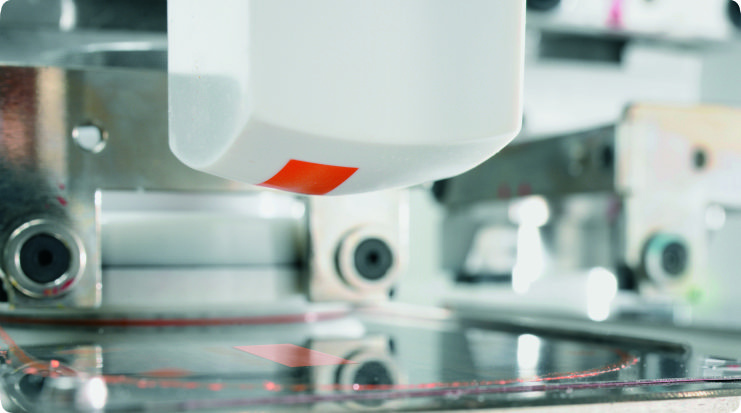
Generally, in terms of durability and coverage, pad printing inks have the same durability and coverage compared to screen printing inks. However, they dry much faster. Based on their drying process, these inks are categorized into UV inks and air-drying inks. Designed to work effectively on all popular printing equipment, Marabu inks achieve impressive results even on difficult substrates – meeting the ever-changing challenges of your market. All around the globe, Marabu is synonymous with high-quality inks, manufactured to the highest quality management standards.
Enhanced and fine-tuned over decades, pad printing has become a firm fixture in the printing landscape. And it’s not surprising this technique offers unique solutions for some of the toughest surfaces. Suitable for a wide range of applications and substrates, this versatile process ensures first-rate results for decoration, marking, and identification.
Pad printing inks, despite their similarities and shared applications with screen printing inks, have key differences in structure and usage. Pad printing inks are typically thinner and have fast-drying properties, as they need to quickly transfer onto surfaces and are often used for fine, precise, and multi-dimensional prints such as logos or small text.

| Ink Name | Compatible Substrates | Typical or Additional Application | Ink System | Drying | Degree of Gloss | Opacity | Special Characteristics | Specials | Thinner | Thinner, Fast | Thinner, Slow | Retarder | Retarder Paste | Hardener Adhesion Modifier | Varnish/Bronze Binder | Cleaner |
|---|
Legend:

Pad printing ink for pre-treated polyethy-lene and polypropylene, metal and varnished surfaces
High gloss, good opacity, fast curing 2-component ink system, resistant to chemicals.
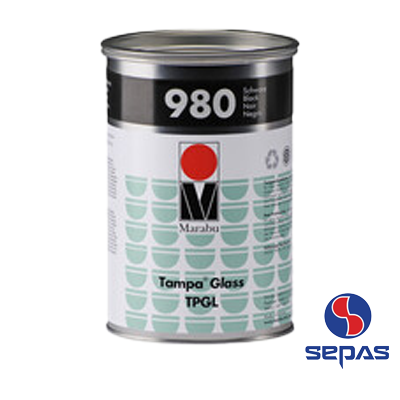
Pad printing ink for glass, ceramics, metal, aluminium, chrome-plated parts, varnished surfaces, and thermosetting plastics Glossy, high opacity,fast curing 2-component ink system, dishwasher resistant.
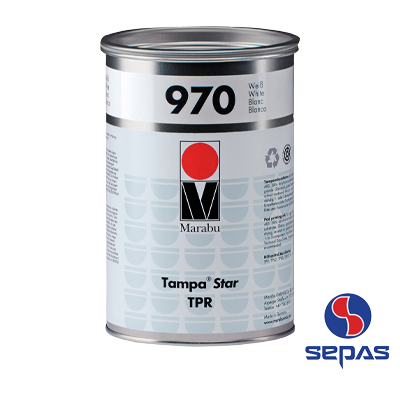
Pad printing ink for rigid PVC, polystyrene, ABS, SAN, polycarbonate , acrylic glass and varnished substrates Glossy, good opacity, very fast drying, 1 or 2 component system, resistant to petrol
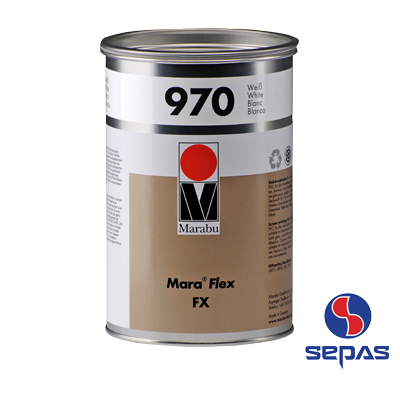
Solvent-based Screen Printing Inks for the manufacturing of ID-Cards
Suitable for laminating and embossing, offset-overprintable, satin ink film, very flexible
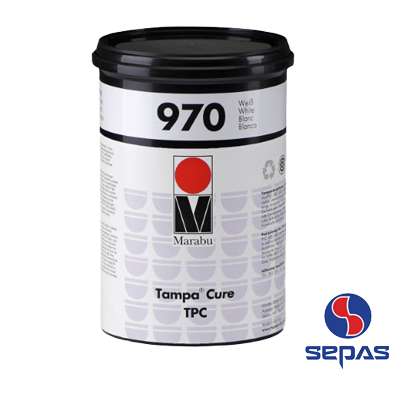
Pad printing ink for ABS, rigid PVC, some PC, PS, and PMMA materials, pre-treated PE and PP, PA as well as some metals, and varnished surfacesUV-curable, high gloss, good opacity, 1- or 2-component ink system, resistant to chemicals.
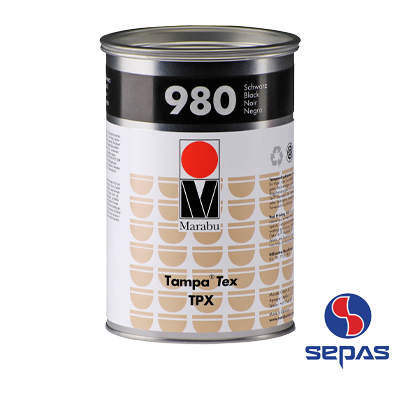
Pad printing ink for natural or synthetic fabrics, and other substrates like polypropylene, thermoplastic elastomeres. 2-component system, flexible, very high opacity, very good resistance, made without the use of BPA, with lowest PAH values, tested and certified according to ECO PASSPORT by OEKO-TEX®
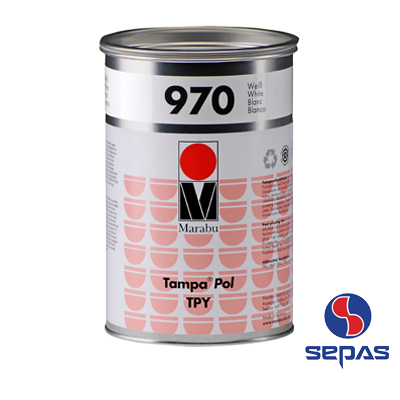
Pad printing ink for ABS, rigid PVC, pre-treated polyethylene and polypropylene, varnished surfaces, thermosetting plastics, and metal Glossy, good opacity, fast drying 1 or 2 component system, resistant to chemicals.
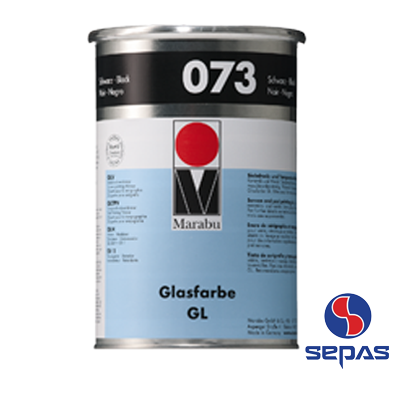
Screen and Pad Printing Ink for glass, ceramics, metals,aluminium, chrome- plated parts, coated substrates, and thermoset-ting plastics Satin-gloss nish, high opacity, fast drying 2-component ink system, dishwasher-proof.